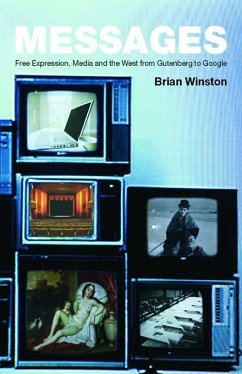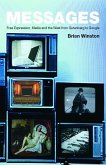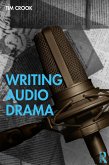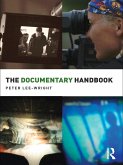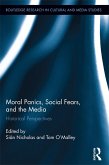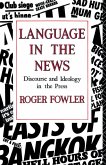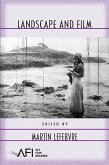Dieser Download kann aus rechtlichen Gründen nur mit Rechnungsadresse in A, B, BG, CY, CZ, D, DK, EW, E, FIN, F, GR, HR, H, IRL, I, LT, L, LR, M, NL, PL, P, R, S, SLO, SK ausgeliefert werden.
'An astonishingly well-detailed but highly readable overview of the development of ideas and practices about freedom of speech ... [this book] makes a point, a rare statement of academic and societal importance' - Historical Journal of Film, Radio and Television
'told with such gusto, energy and panache that [this book] should be required reading for any media scholar or student trying to understand where the media come from... Messages provides critical and often debunking insights into the received wisdom of the birth of new media and mass communication... Readers of Winston's previous work will not be surprised by the erudition and the sheer scale of the author's knowledge of the development of media technologies. But Messages also reminds us of the lasting and significant contribution that Brian Winston has made to the field of media and communication studies over the years.' - European Journal of Communication
'an astonishingly well-detailed but highly readable overview of the development of ideas and practices about freedom of speech... an impressive account of media history, media freedom and individual expression... a praiseworthy achievement and a commendable work to keep on the bedside table.' - Historical Journal of Film, Radio and Television
'the historical research is thorough and wide-ranging... the tone is lucid, straightforward, and spiced with snarky moments' - International Journal of Communication
'commendably accessible... There is a fine selection of reading, signposting to the interested reader a range of more specialized histories for further exploration... As a general text of considerable wit and erudition it succeeds with aplomb.' - Martin Conboy, Journalism Practice

